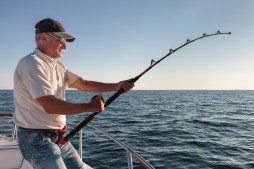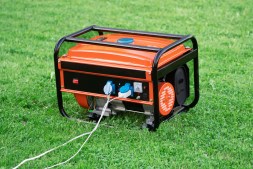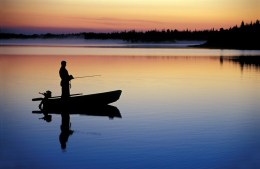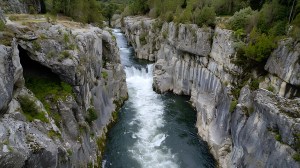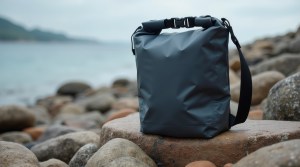Rain, Wind, and Sun: How Different Weather Elements Affect Your Catch
Freshwater fishing is not just about the right bait and equipment; it’s also significantly influenced by weather conditions. Understanding how various elements like rain, wind, and sun can impact fish behavior will help you maximize your success on the water. In this article, we’ll explore how these weather factors play a crucial role in your freshwater fishing endeavors.
The Impact of Rain on Freshwater Fishing
Rain can have both positive and negative effects on freshwater fishing. Light rain often makes fish more active as it creates a ripple effect on the water’s surface, masking angler movements and encouraging fish to feed near the surface. However, heavy rain can lead to increased runoff that may muddy the waters and decrease visibility. During storms or shortly after rainfalls, fish tend to seek shelter in deeper waters or near structures where they feel safe from strong currents.

Windy Conditions: A Double-Edged Sword
Wind can be beneficial for anglers as it stirs up the water and helps disperse food sources for fish. This activity often leads to increased feeding times for species such as bass or trout. However, strong winds can also make controlling your boat difficult and create choppy waters that may push fish into calmer areas away from your cast. Anglers usually find success when they position themselves downwind of structures like points or islands where fish gather.
Sunny Days: The Bright Side of Fishing
On sunny days, light penetration increases which can lead to improved visibility for both anglers and fish. Fish often seek shade under structures like trees or submerged rocks during peak sun hours; therefore scouting for these areas becomes critical. Early morning or late evening are typically ideal times to catch bass when they are more likely to venture out from their hiding spots due to cooler temperatures.
Temperature Fluctuations: More Than Just Comfort
Fish are ectothermic creatures meaning their body temperature is regulated by their environment—so fluctuations in air temperature directly affect water temperatures too. Warmer months generally lead to increased metabolism among freshwater species which translates into higher activity levels and feeding frenzies during cooler parts of the day (mornings/nights). Conversely, colder weather might slow them down considerably making it essential for anglers to adjust their strategies accordingly.
Adapting Your Strategies Based on Weather Conditions
Understanding how different weather elements affect fishing success allows you as an angler to adapt your strategies effectively. Whether it’s choosing lighter lures during rainy days when visibility decreases or targeting shaded areas during hot sunny afternoons—tailoring your approach according to current conditions enhances your chances of landing that prized catch.
In conclusion, keeping an eye on weather patterns could be one of the most valuable tools in any angler’s toolkit. By recognizing how rain, wind, sun exposure, and temperature impact aquatic life behavior you’ll be better equipped next time you embark upon a freshwater fishing expedition.
This text was generated using a large language model, and select text has been reviewed and moderated for purposes such as readability.

